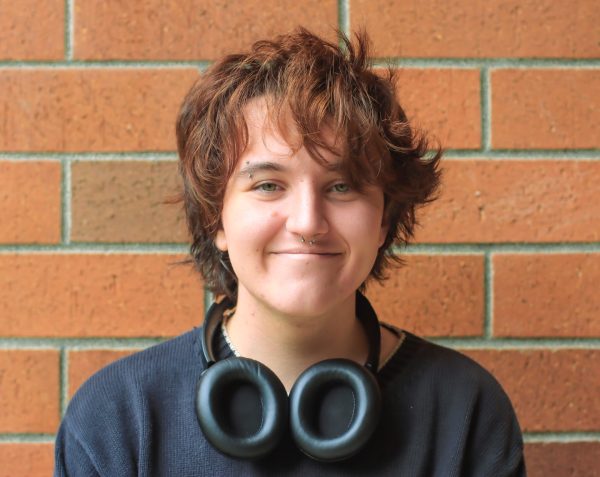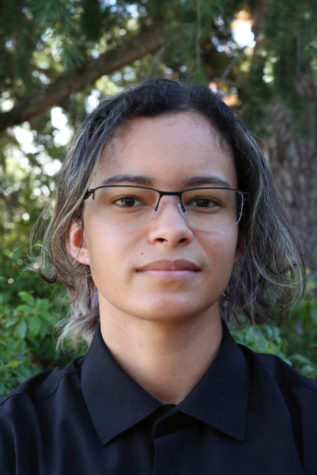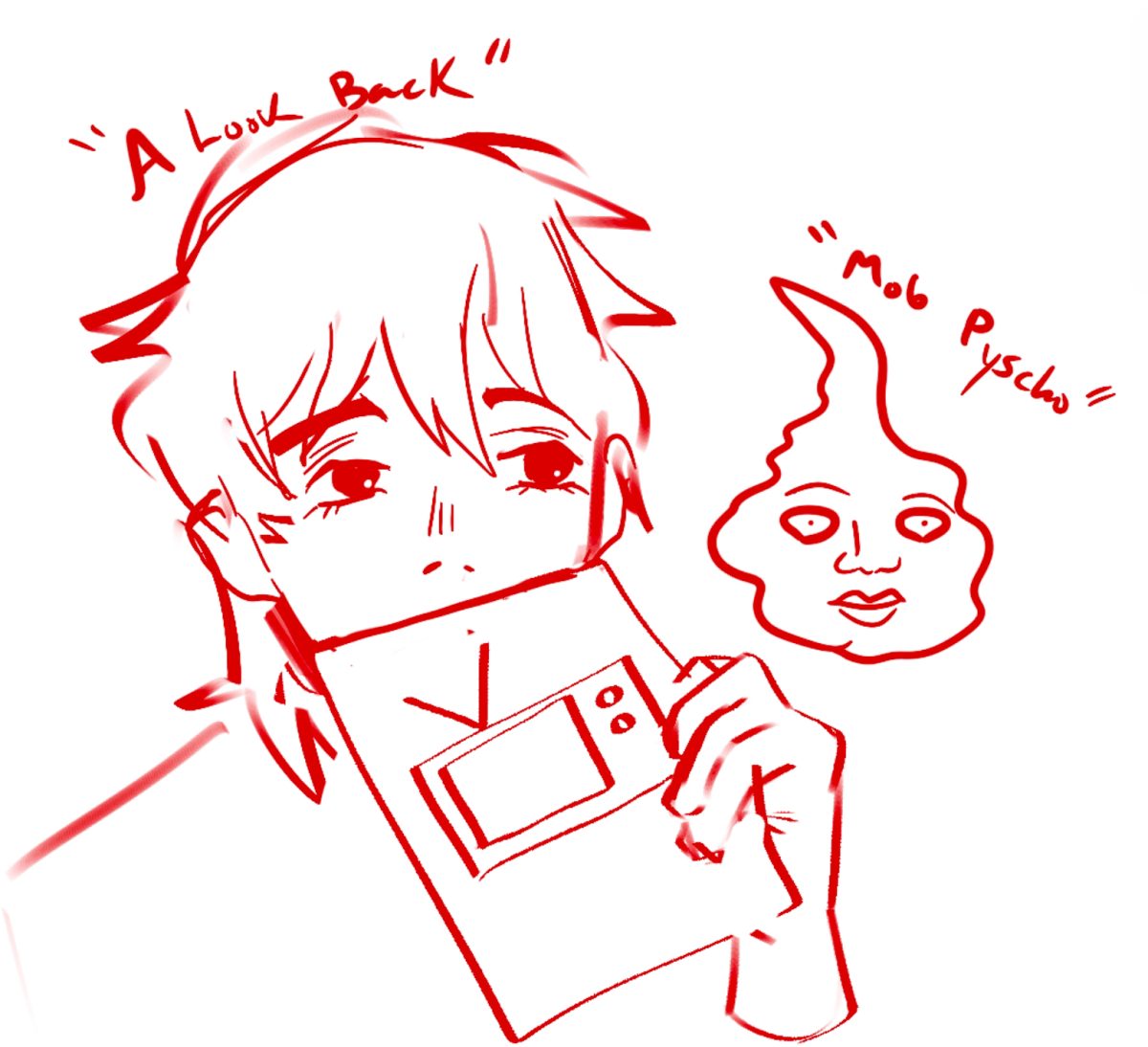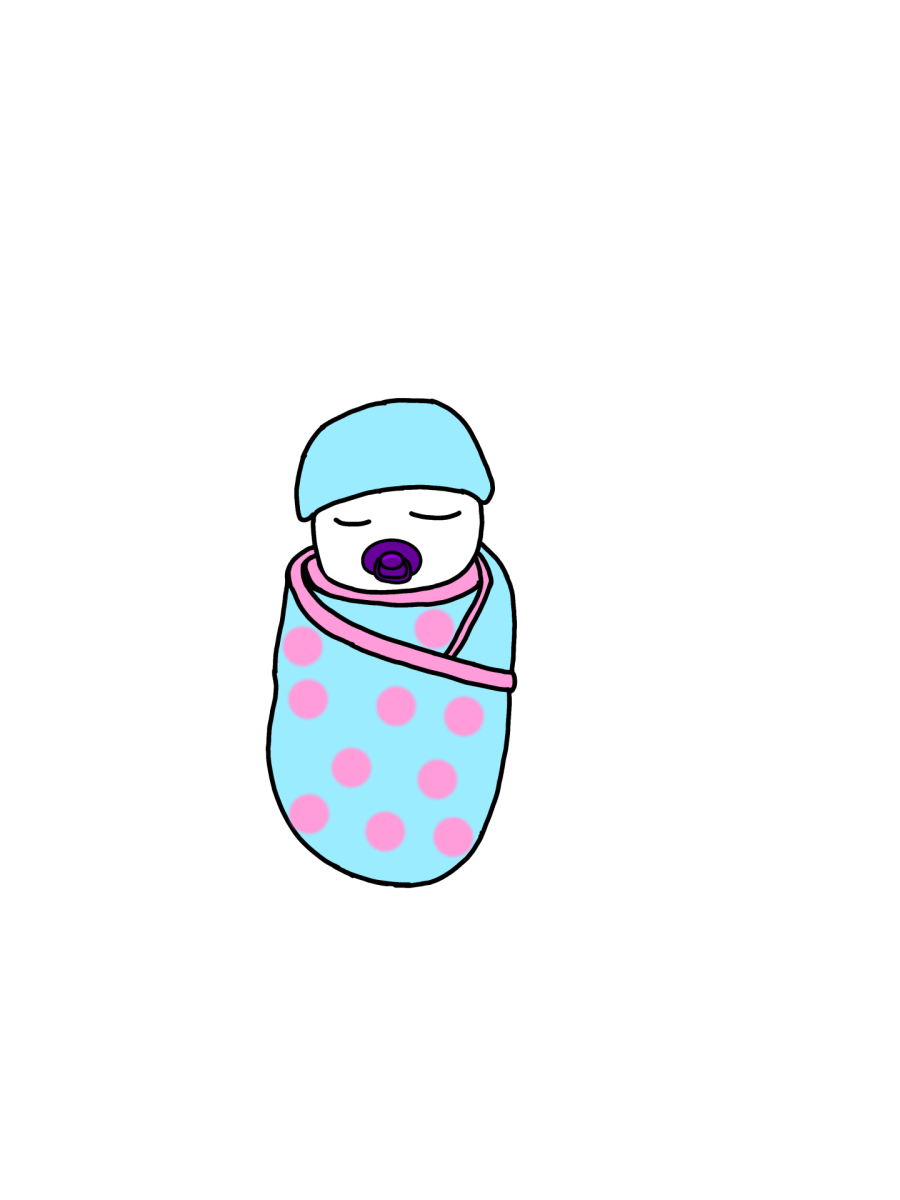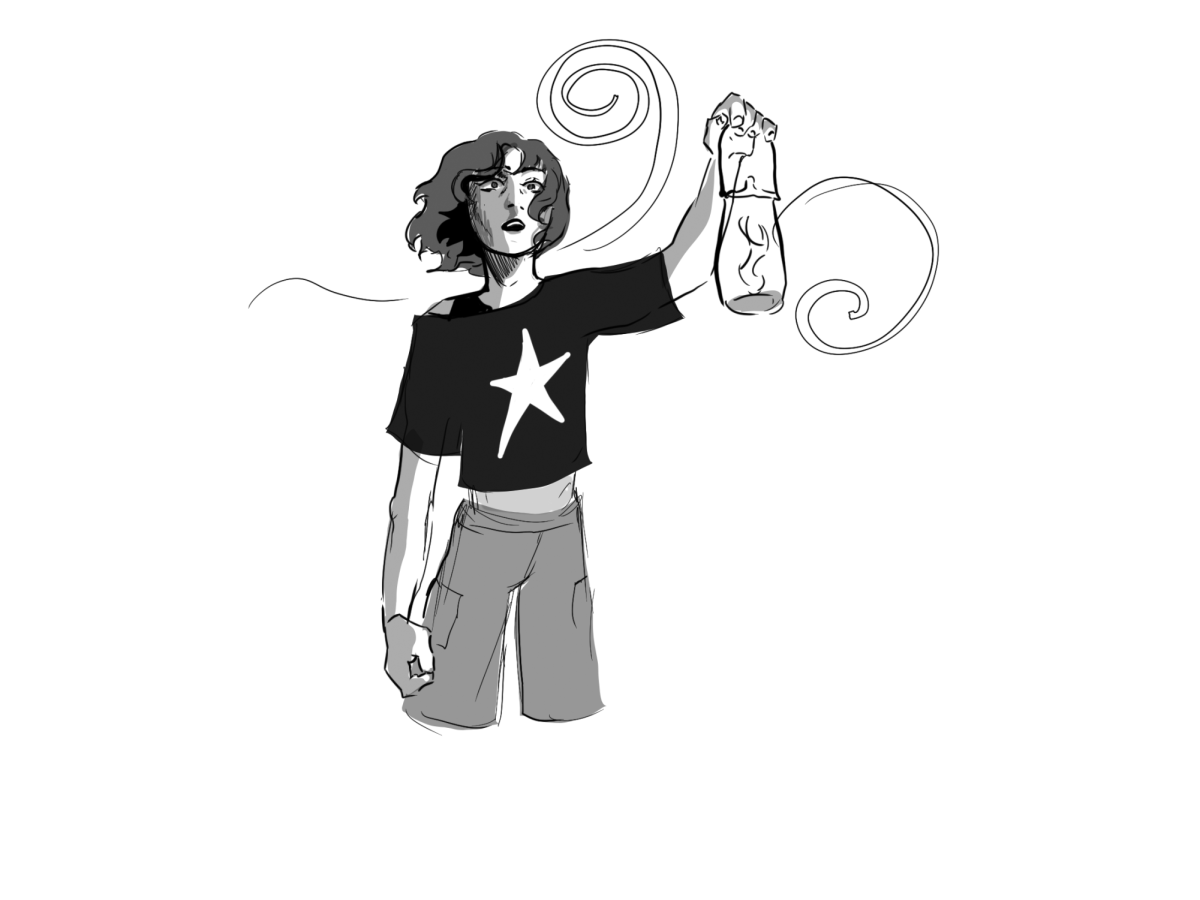Sometimes it feels as though the school system was set up for one specific kind of student. A student who can actively participate in class, a student who can work at home, a student who isn’t bothered by large crowds and bright lights. That perfect student who doesn’t need any help. Sometimes it feels like the hallways and classrooms are only safe for certain students, that feeling safe at school is something not every student will be able to experience.
Neurodivergent students process information differently than their neurotypical peers, which impacts learning, thinking and executive function such as organization and time management. So why don’t schools accommodate students who make up about 11% to 30% of the student body?
Whether it be the uncomfortable fluorescent lights or the loud crowds that congregate at every corner, or how almost every classroom has some sort of sensory distraction, neurodiverse students face many challenges in school.
While it is improving through IEPs and 504s (student accommodation plans), there are still a lot of problems. Even if you have a diagnosed disorder, you may not be able to qualify for accommodations. The school has to judge your disorder as “life altering” and they will judge your accommodations in accordance, rather than choosing the ones you need. Some teachers have problems with certain accommodations, and it can be extremely difficult for students to get the actual accommodations they need. Large crowds in the hallway can be extremely uncomfortable for many, and with only five minutes to make it to your next class, it can be hard to find ways around it.
School lighting can also be extremely disturbing, and some teachers don’t allow sunglasses, hats or hoods. Everyday activities can be extremely uncomfortable and distracting to neurodivergent students, and schools are aware of this. There is plenty of research on neurodivergency in the classroom. Yet instead of making school a more comfortable place, students are forced to go through long processes to be able to attend school comfortably.
Queer and BIPOC students also face many challenges in school, and it can be incredibly frustrating when not all students are treated fairly. Not only that, but it often feels like in some classrooms, certain students are unfairly targeted while others are highlighted.
In an environment where we are supposed to feel safe, it can often feel like classrooms are battlefields. Why is it okay for certain teachers to have a reputation for unfairly treating students (especialy BIPOC students), and nobody really seems to care? Why is it okay for BIPOC students to feel uncertain about going to classes, or feeling uncomfortable in certain classes? Is this really the feeling we want students to have who attend Terrace?
“It really depends on where you sit in the class and how much you have in common with the teacher, or if they know your siblings,” freshman Marissa Henriques said.
Other students had similar experiences, noticing teachers treating students differently.
“I have been in class where I was trying to explain something to a teacher and she wouldn’t listen, and would listen to the other students. She also would tell me I’m wrong and when the other students said the same thing she said it was right,” sophomore Savannah Coco-Barrett said.
It’s pretty frustrating to know that numerous students have experienced unfair experiences in classrooms, especially when it comes to how teachers treat students in class.
Many of these situations are genuinely disappointing to hear. There are certain teachers who have a reputation for unfairly targeting students or acting differently towards certain kinds of students.
“One of my teachers targets me a lot because I have some friends in there, and we do talk, but we never disrupt the class, and she blames us for a lot of things that other students did,” freshman Kaelynn Bagley said. “One of my friends was sent to the office because their teacher thought they were dealing drugs in the bathroom when they weren’t.”
Many students, especially underclassmen, feel like school is a hostile environment.
“In one of my classes, the teacher doesn’t target anyone specifically, but he specifically avoids certain people. Like if you have your hand raised he will look at you and then skip over you and look for someone completely different. He tends to do this if you look a certain way, or if you have a certain name, or if you’re not doing something he likes, or if you’re a certain gender,” freshman Kyo Peterson said.
While this isn’t the case for everyone, some students feel on edge because of the atmosphere school creates.
“It feels like I can’t do anything. I feel like I’m being watched for any mistake I make, even if I didn’t make it,” Bagley said.
But others have had different experiences, some not always as negative.
“All the staff I’ve met here are really nice, and I’ve heard slurs from students, but they’re always used in a joking way,” Henriques said.
So why do some students have such different experiences at Terrace? And how is it fair for students to be afraid to talk to their teachers, or to walk in hallways, or frustrated by how they’re being treated?
A lot of queer students have rough relationships with their teachers, especially with correct pronouns and naming. Even after reminding their teachers several times, preferred names and pronouns are still not being used. Especially with subs, it is extremely disappointing to see that many teachers do not write preferred names, or tell subs about different names than what’s on Skyward. This is really frustrating. It’s unfair that some students are experiencing unwelcoming environments while others are not, and it feels like a guessing game of which class is going to be difficult and which ones aren’t.
While I’ve focused mostly on the negative, I do want to highlight the fact that although some classrooms are rough, there are plenty of teachers who are actively working on making their classroom a safer place, and ensuring students feel comfortable and safe talking to them.
I just wish that was the case for everyone.



